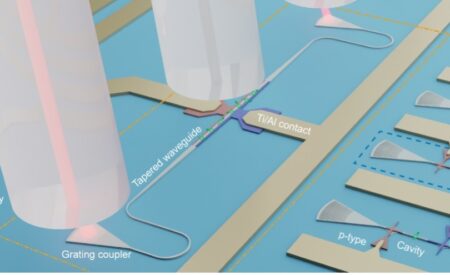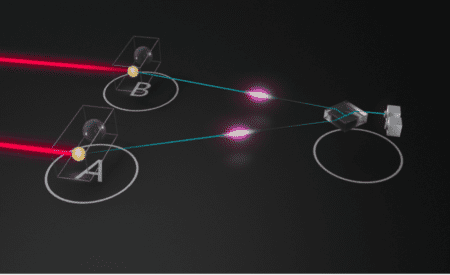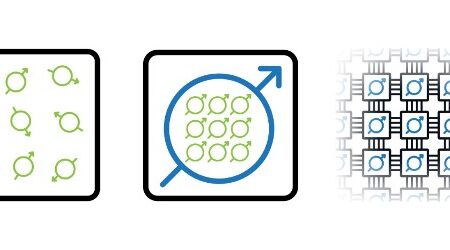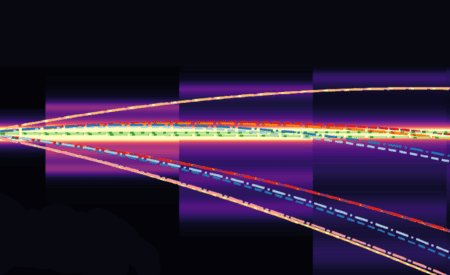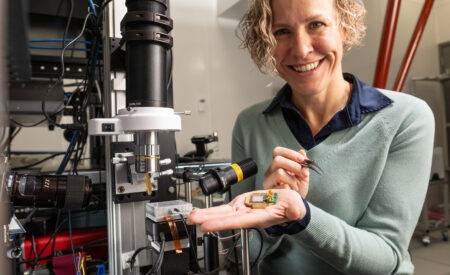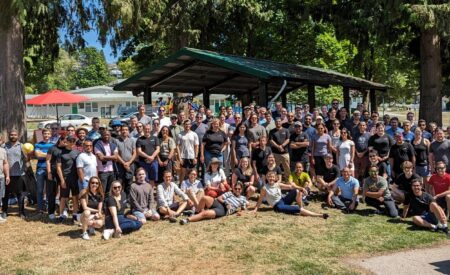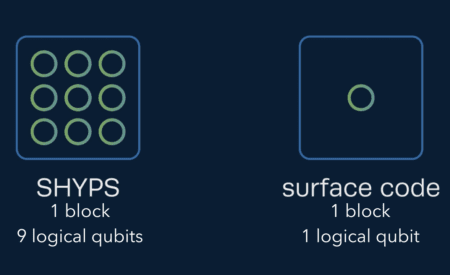
Introducing SHYPS: Error Correction Codes to Accelerate the Timeline to Useful Quantum
The timeline to useful quantum computing just got shorter. Introducing SHYPS: the first QLDPC code family that can efficiently perform error-corrected quantum computation. The patent pending SHYPS codes use materially fewer qubits per logical qubit than traditional surface codes. Qubits — as quantum bits, the foundational building blocks for quantum computers are known — […]
Read more


